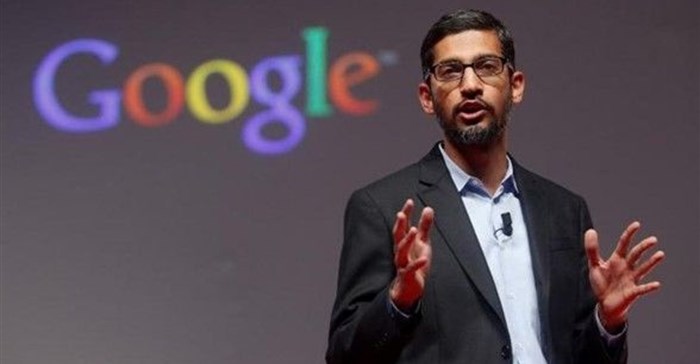Google has announced new AI advancements that include the introduction of Bard, its experimental conversational AI service (powered by LaMDA).
Sundar Pichai, CEO of Google and Alphabet, expanded on Bard in a blog post.
“We’ve been working on an experimental conversational AI service, powered by LaMDA, that we’re calling Bard. And today, we’re taking another step forward by opening it up to trusted testers ahead of making it more widely available to the public in the coming weeks,” he says in the post.
Introducing Bard
He describes Bard. “It seeks to combine the breadth of the world’s knowledge with the power, intelligence and creativity of our large language models.
“It draws on information from the web to provide fresh, high-quality responses. Bard can be an outlet for creativity, and a launchpad for curiosity, helping you to explain new discoveries from NASA’s James Webb Space Telescope to a 9-year-old, or learn more about the best strikers in football right now, and then get drills to build your skills.”
He says Bard’s initial release will be with its lightweight model version of LaMDA.
“This much smaller model requires significantly less computing power, enabling us to scale to more users, allowing for more feedback.
“We’ll combine external feedback with our own internal testing to make sure Bard’s responses meet a high bar for quality, safety and groundedness in real-world information,” he says
AI: most profound technology
In the blog post, Sundar Pichai says that AI is the most profound technology Google is working on today.
“Whether it’s helping doctors detect diseases earlier or enabling people to access information in their own language, AI helps people, businesses and communities unlock their potential. And it opens up new opportunities that could significantly improve billions of lives.
“That’s why we re-oriented the company around AI six years ago — and why we see it as the most important way we can deliver on our mission: to organise the world’s information and make it universally accessible and useful,” says Sundar Pichai.
He adds that since then the company has continued to make investments in AI across the board.
Benefits of AI
Sundar Pichai states that Google has a long history of using AI to improve Search for billions of people from Bert, one of its first Transformer models, which was revolutionary in understanding the intricacies of human language to Mum, which is 1,000 times more powerful than Bert, with next-level and multi-lingual understanding of information which can pick out key moments in videos and provide critical information, including crisis support, in more languages.
Now, he says their newest AI technologies — like LaMDA, PaLM, Imagen and MusicLM — are building on this, creating entirely new ways to engage with information, from language and images to video and audio.
“We’re working to bring these latest AI advancements into our products, starting with Search.”
Angela Ukomadu 2 Feb 2023 Deepening our understanding of information
He says one of the most exciting opportunities is how AI can deepen our understanding of information and turn it into useful knowledge more efficiently — making it easier for people to get to the heart of what they’re looking for and get things done.
When people think of Google, they often think of turning to us for quick factual answers, like “how many keys does a piano have?” But increasingly, people are turning to Google for deeper insights and understanding — like, “is the piano or guitar easier to learn, and how much practice does each need?”
"Learning about a topic like this can take a lot of effort to figure out what you really need to know, and people often want to explore a diverse range of opinions or perspectives.”
AI can be helpful in these moments, he adds, synthesising insights for questions where there’s no one right answer.
“Soon, you’ll see AI-powered features in Search that distill complex information and multiple perspectives into easy-to-digest formats, so you can quickly understand the big picture and learn more from the web: whether that’s seeking out additional perspectives, like blogs from people who play both piano and guitar, or going deeper on a related topic, like steps to get started as a beginner.
“These new AI features will begin rolling out on Google Search soon,” he says.
“Whether it’s applying AI to radically transform our own products or making these powerful tools available to others, we’ll continue to be bold with innovation and responsible in our approach. And it’s just the beginning — more to come in all of these areas in the weeks and months ahead,” Sundar Pichai adds.






































